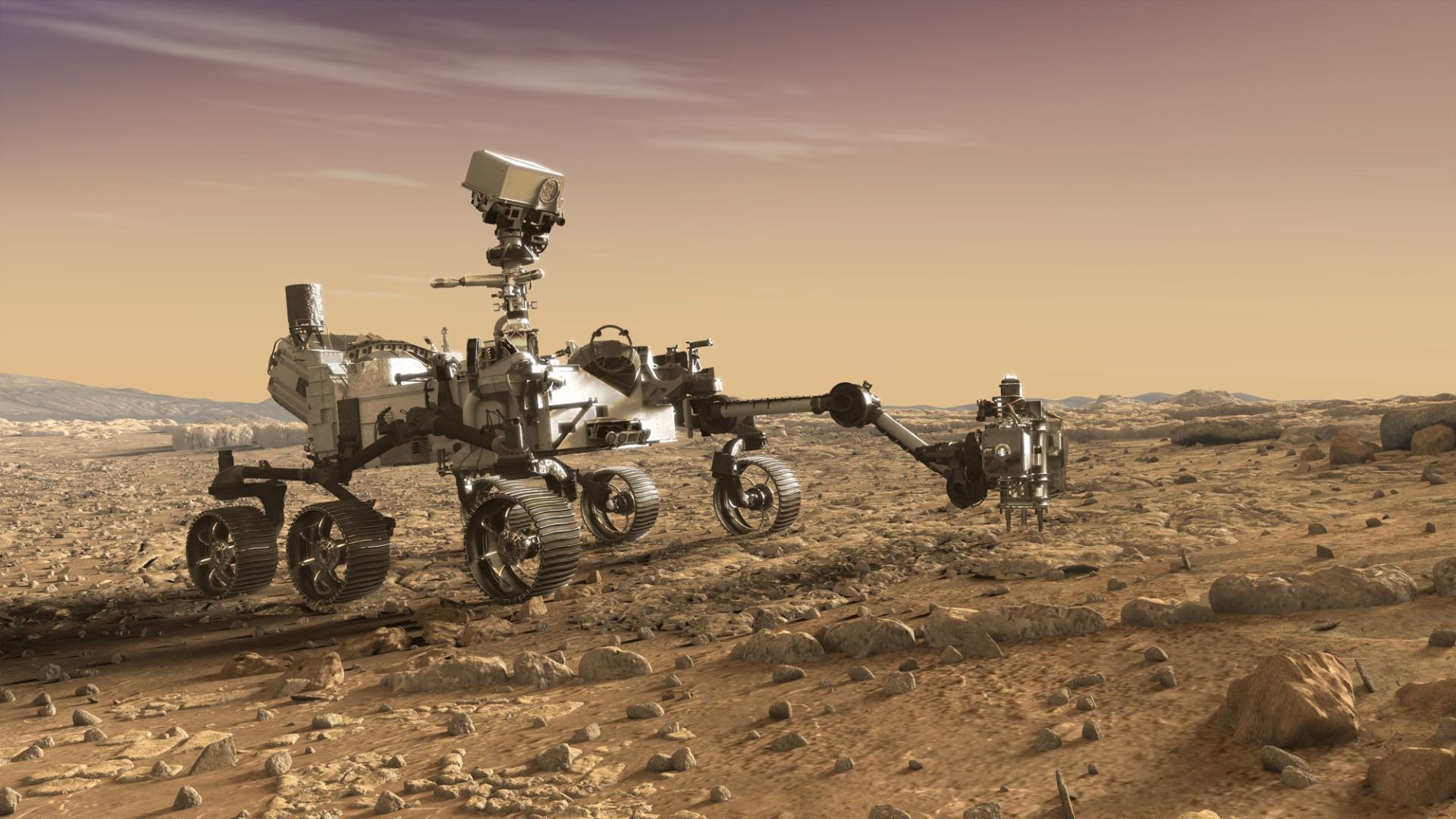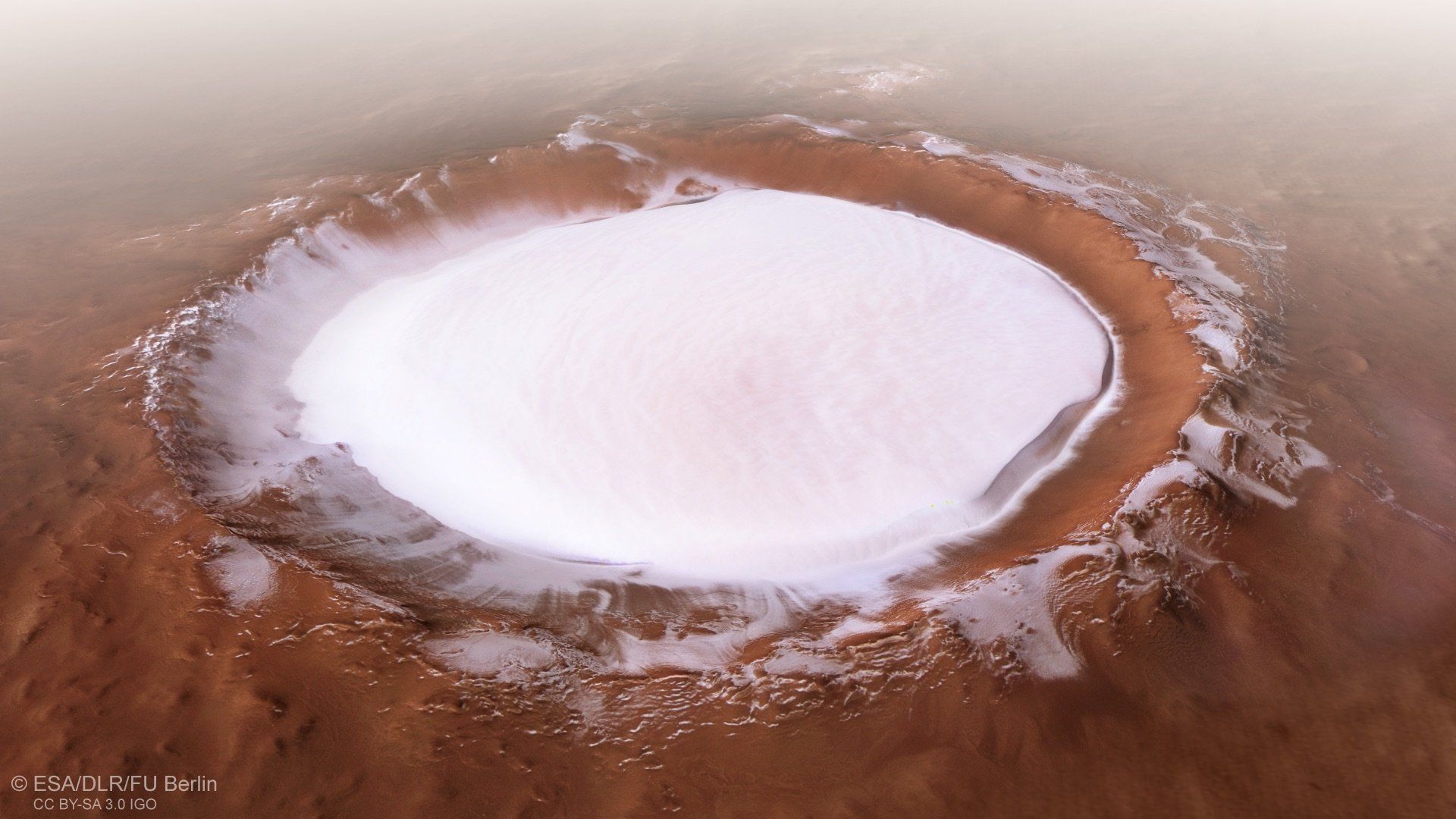This last week China announced its plans to place a robotic rover on the Martian surface by 2020. This now means that NASA, ESA, China, and SpaceX have firm plans to deliver landers to Mars within the next 8 years. With multiple orbiters around the planet, it seems that 40 years on from Viking, once more the red planet is looking like the place to be. ESA and NASA are on a firm footing to try to determine if life exists, even in microbial form. Methane hot spots have been detected both from orbit and ground-based observations which hint to the possibility of life.

Whilst these methane hot spots are in the "parts-per-billion" level, any detection of methane of course warrants further investigation. There are biological and non-biological reasons for methane production, and determining which form it is in, could potentially lead to the find of the century. Evidence for life on another planet would be so utterly game-changing, in terms of future missions, but would also lead to and need extensive scrutiny. Sending humans to Mars, as anyone who ever watched the sci-fi movie "The Andromeda Strain" will know, is potentially fraught with problems. How do you decontaminate a human being? In the 1960s and early 70s, the Apollo landings had similar issues, but in a sterile lunar landscape, the problem was largely confined to worrying about what Neil/Buzz et al brought back, rather than what we left there. Mars is a different ballgame entirely. A human climbing into a space suit touches the spacesuit, their hands, arms, legs, feet, all have microbes/germs/bugs, etc. on them... so how do you get around this? Especially in what will probably be a very confined space landing module? A team at the University of Hawaii just spent a year in a NASA sponsored project habitat, in a desolate part of the island, and showed that it was possible to live in Mars-like conditions.... and the Mars 500 team did a similar task a few years ago, though rumours still persist of huge tensions in that mission.

The fact that so much effort is now being expended to land on Mars is a positive step. SpaceX is set to unveil their plans for a human landing in the 2020s this September, and who would honestly bet against Elon Musk, with his track record? The big question now then is not "if" we land on Mars in the next 10-15 years, but "who" will be the first human being to set foot on the red planet, and furthermore, will they have more success proving that life has survived than their rover counterparts? Ice core drilling into the permafrost regions on Earth has demonstrated that microbial life can "spring back" after literally millions of years. We know that Mars has water, and seasonal variations may be causing a similar effect on subsurface life forms. But until we land, dig, drill and ideally with humans, explore, we'll simply never know. One thing is for certain though, Mars is a world that warrants exploration. Had Werner Von Braun had his way we could have been there 30 years ago, but for now, we can only hope that the next 10-15 years we will finally see humankind get to the next goal.
